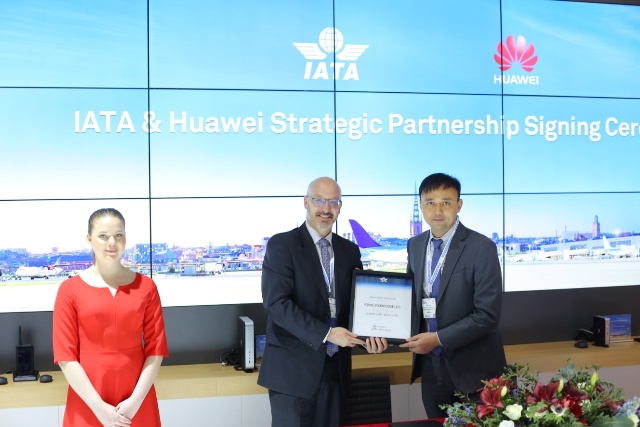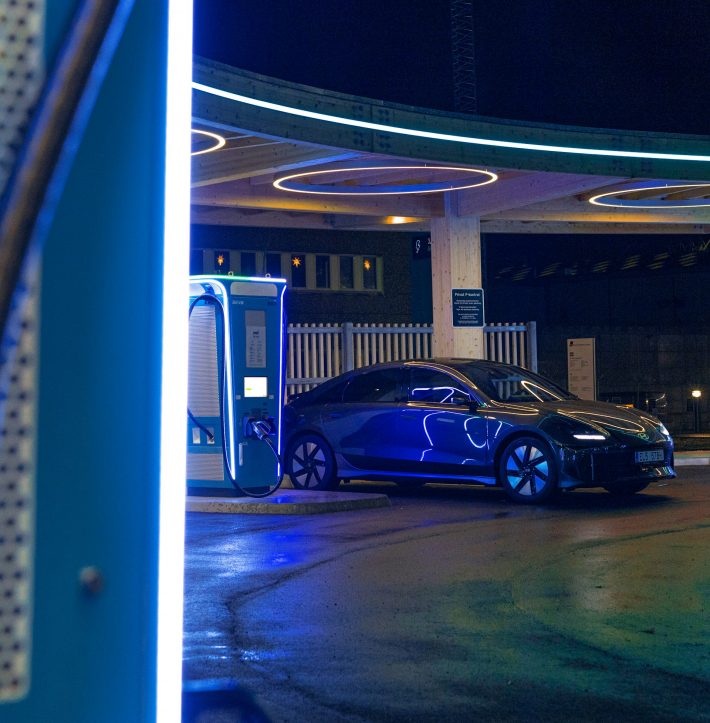Monitoring and managing employees and assets that at times can be on the opposite side of a continent is a tricky task at the best of times. The job of balancing key performance indicators (KPIs) with ensuring driver safety, reducing environmental impact and reducing costs is made increasingly difficult by the growing demand for delivery services; in July 2020, US ecommerce deliveries had risen 30% since the same time in 2019.
Transportation companies have had to get smarter, faster and more efficient, all while meeting increasingly tough industry standards. Aliaksandr Kuushynau, head of wialon, Gurtam reports.
One technology that has significantly contributed to the transportation sector in recent times is GPS tracking. Managing a fleet of vehicles in the past was a logistical and administrative nightmare. However, innovations in GPS tracking, combined with the Internet of Things (IoT) have changed the way companies manage deliveries, control driver behaviour, minimise environmental impact, and improve efficiency. Let’s have a look at some of the benefits in more detail.
Reducing environmental impact through green initiatives
Reducing vehicle emissions has always been an issue in the transportation industry. The European Environment Agency states that there needs to be a 90% reduction in transport emissions by 2050 in order to achieve carbon neutrality. And, to hit this target, companies must evaluate every process for opportunities to make changes to lower their environmental impact.
Alternative power sources such as solar power and electricity are strong options that governments, businesses, and consumers are considering as a solution to reduce their carbon footprint. However, whilst electric vehicles (EVs) have an important role to play in the future of transportation, the current options on the market are expensive, and most of the world has insufficient infrastructure to handle a full transition to EVs.
Another tactic for addressing eco-issues that can be implemented immediately, is monitoring drivers’ behaviours through fleet management software. Informed by data collected through GPS tracking devices, drivers can be instructed and educated on ways they can change their driving to achieve a more efficient level of fuel consumption, such as minimising harsh vehicle manoeuvres. This in turn also extends the vehicle’s service life, in addition to reducing environmental impact through route optimisation, avoiding time spent idle and maintaining steady speeds.
Helping drivers make better decisions
Any company’s most valuable resources are its employees. GPS tracking keeps them and others on the road safe by alerting them to speeding. With the help of GPS tracking, you can identify drivers who exhibit good driving skills and can offer rewards or incentives accordingly.
When coupled with IoT, GPS tracking technology provides drivers with an extra level of security, by auto-correcting driving, or alerting the driver when the vehicle gets too close to objects, or drifts between lanes. The driver can also be notified when they need to take a break, which is helps companies remain compliant.
Commanding the fleet
GPS tracking can also streamline communication processes to benefit end customers. Getting the live status of a customer order usually costs a lot of time and effort. Companies have to make repeated calls to drivers to check every delivery, and often they need to manually send inquiries by e-mail to update their status.
By leveraging data collected by GPS tracking and fleet management platforms, managers can not only get live updates on the drivers’ whereabouts but can reroute drivers on the road or assign a new pick up on the same route. All the processes can be arranged faster and more effectively. As this happens in real-time, all emerging issues can be solved on the go.
The right tools for the job

GPS tracking has enabled businesses to effectively optimise and control field operations and mobile staff performance. The benefits GPS tracking and fleet management platforms offers transportation companies in reducing their carbon footprint without overhauling their fleet are being realised; and with a potential influx ofinexperienced lorry drivers on the horizon, driver safety has never been more critical.
The accurate speed detection, the driver safety measures, the environmental benefits and the detailed movement history that GPS tracking systems are capable of; GPS tracking is the most valuable tool in the transport industry for managing decentralised employees and assets. Transportation companies can now operate more efficiently and effectively than ever before.
The author is Aliaksandr Kuushynau, head of Wialon, Gurtam.
Comment on this article below or via Twitter: @IoTNow_OR @jcIoTnow










